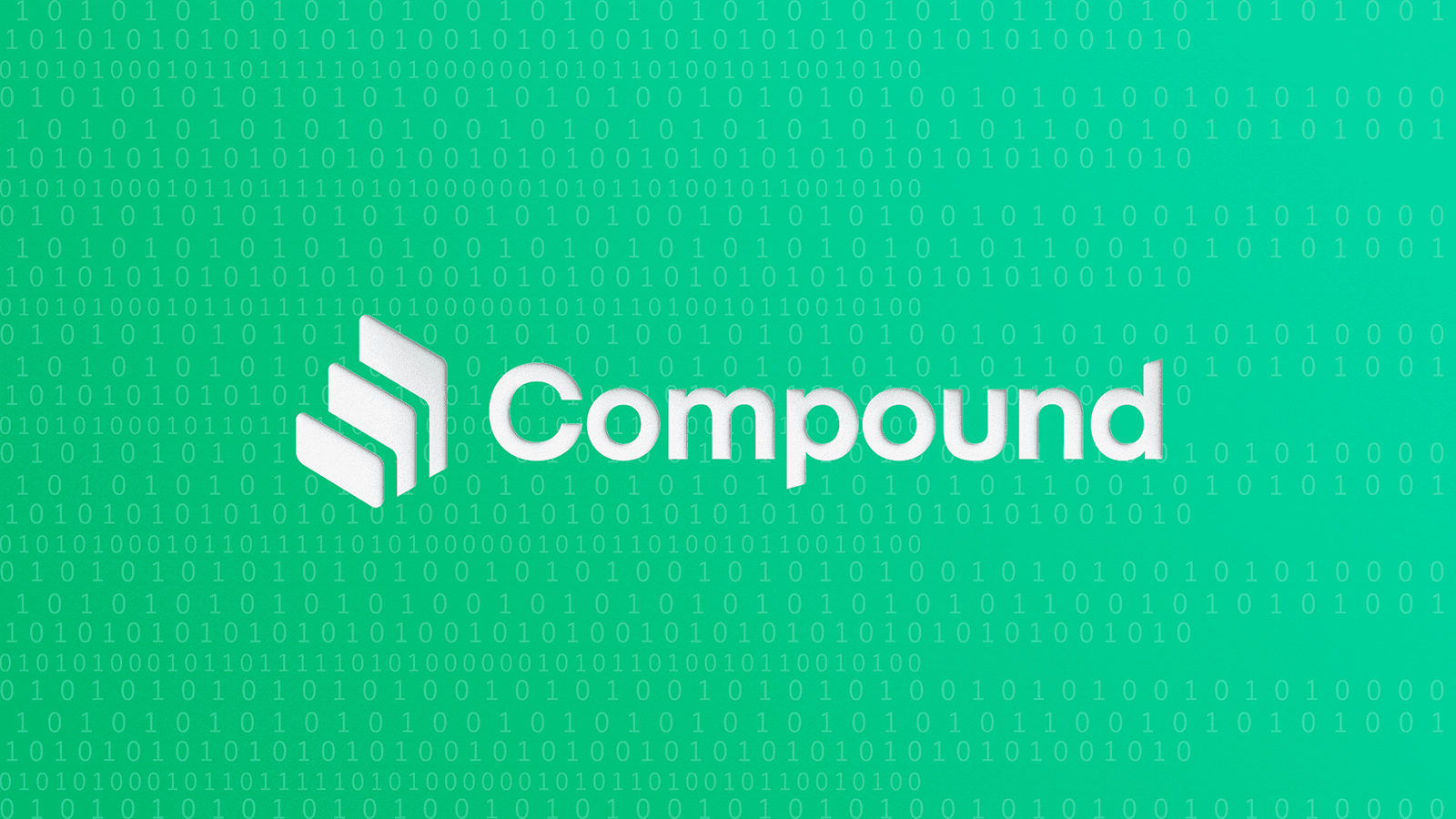Compound Is Marrying a CeFi Business Model With a DeFi Protocol
Compound Treasury is giving institutions the chance to borrow digital assets as collateral

Source: Shutterstock
key takeaways
- Supported ERC-20 digital tokens can be used to borrow USD and USDC at a fixed 6% APR
- Client collateral will not be lent out and will stay in the Compound Treasury
Compound Treasury — powered by the algorithmic, autonomous interest rate protocol Compound Labs — launched a new feature that allows institutions to borrow via digital assets as collateral.
Authorized institutions can use supported ERC-20 digital assets, including bitcoin and ether, as collateral to borrow USD and USDC at a fixed rate starting at a 6% annual percentage rate (APR). No repayment schedules are necessary as long as the loan remains overcollateralized.
Compound Treasury launched over a year ago with the vision to become “the bridge for non-crypto financial institutions to deliver the core benefits of DeFi to the next billion users.”
At the time, fintech clients, crypto companies and banks could wire US dollars into its Compound Treasury accounts and earn up to 4% in yields each year, Robert Leshner, founder of Compound Finance, told Blockworks.
“Now in addition to accepting dollars and paying institutions a yield, we’re going to allow institutions to borrow from Compound Treasury,” Leshner said.
Compound Treasury is monitored by a rating agency and recently received a B- credit rating from S&P Global, giving it an “external source of accountability,” Lesnher said. Additionally, Leshner said client collateral would not be rehypothecated, ideally preventing Celcius-like incidents from reoccurring.
“When we receive ether or bitcoin, it will stay in the Compound Treasury — so we will never lend out collateral assets,” he said.
In traditional CeFi businesses, risk management of client assets is often complex and can be miscalculated, but Leshner says that Compound Treasury will be relying on the Compound protocol to offer the service.
“If there are more customers supplying liquidity to Compound Treasury than there are borrowers, we put the excess in the Compound Protocol,” he said. “Then when there’s more borrower demand, then there are customers providing liquidity and earning yield, we will source liquidity from the Compound Protocol.”
As the space evolves, Leshner believes it is important that non-crypto financial institutions lean into the benefits of DeFi.
“Over time more traditional businesses are going to use DeFi protocols to back end their businesses instead of using spreadsheets and paper contracts —I think it’s just a precursor of where the industry will move towards.”
Get the news in your inbox. Explore Blockworks newsletters:
- The Breakdown: Decoding crypto and the markets. Daily.
- Empire: Crypto news and analysis to start your day.
- Forward Guidance: The intersection of crypto, macro and policy.
- 0xResearch: Alpha directly in your inbox.
- Lightspeed: All things Solana.
- The Drop: Apps, games, memes and more.
- Supply Shock: Bitcoin, bitcoin, bitcoin.





